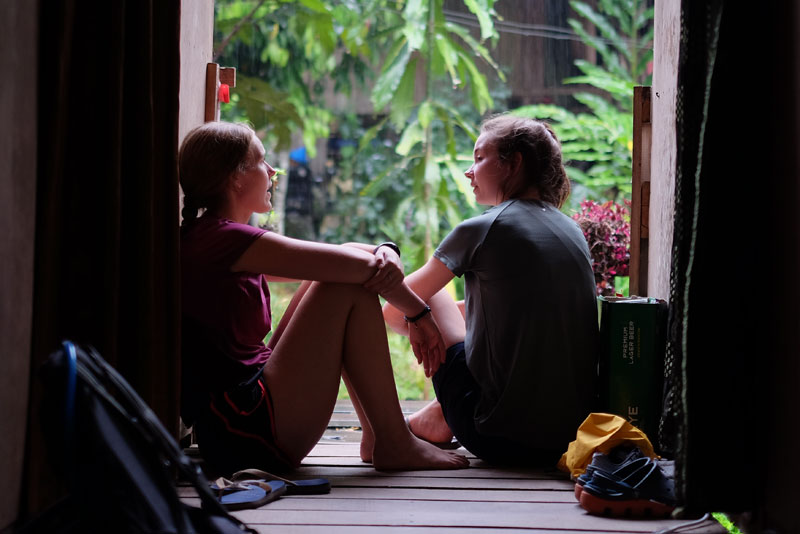Ivory Coast is a country on the northwestern coast Africa. Roughly a quarter of its 18 million people live in Abidjan, a city about the size of Toronto. The country declared its independence from France in 1960 and has had a reputation of being one of the more stable and prosperous African countries.
That changed in 1999, when General Robert Guei gained power in a military coup that toppled the regime of President Henri Konan Bedie.
Guei's brief period of military rule was brought to an end after an uprising by Ivorians in the wake of some dodgy presidential elections in October 2000. The elections were considered dodgy because the Ivorian Supreme Court prevented many candidates from running because they were not considered "Ivorian enough". Arguing that the election could not be free and fair because so many major candidates were excluded, the United Nations, the Organization of African Unity and the European Union, along with Canada and the U.S. pulled election observers and funding from Ivory Coast.
As a result of the post-election uprising, General Guei was given the 'heave-ho' and Laurent Gbagbo, who was widely believed to be the real winner of the election, assumed power. But the election had generated political violence, fueled largely by differences between mainly Christian supporters of Laurent Gbagbo in southern Ivory Coast, and supporters of the other main political leader, Alassane Ouattara, a Muslim in the north.
The instability continued with coup attempts occurring throughout 2001. It all came to a head in September 2002 when soldiers originally recruited by General Guei during his 10-month period in power, rebelled against Gbagbo's government. Guei was killed in the uprising.
At the time of writing, rebel forces fighting to topple President Gbagbo's government control much of northern Ivory Coast. The south is controlled by government forces, supported by troops from the French Foreign Legion, and by small military units from Nigeria and neighbouring Ghana.
Add this article to your reading list






